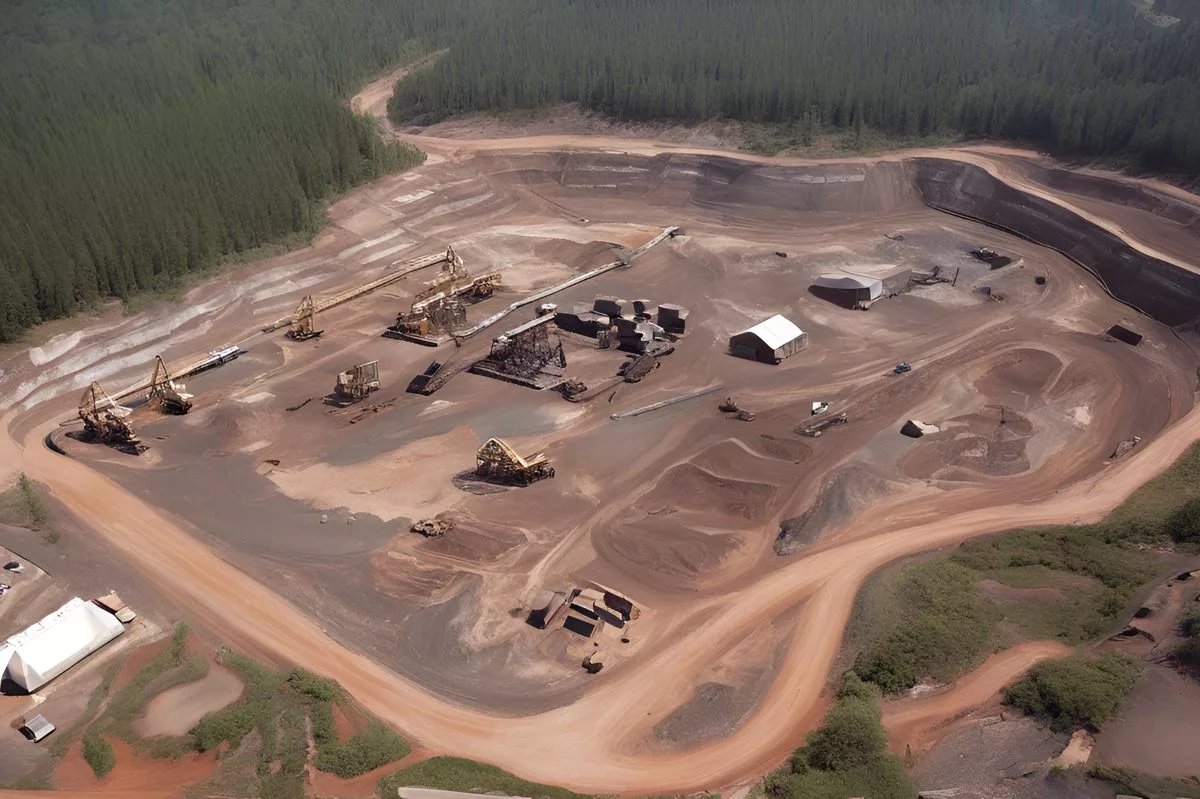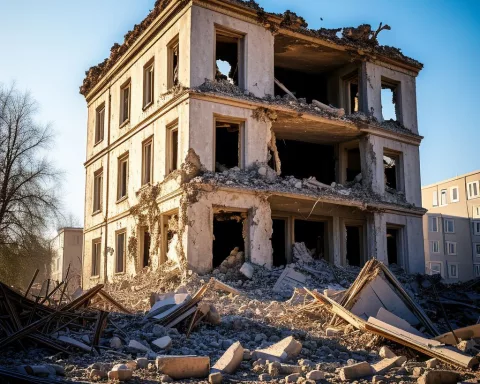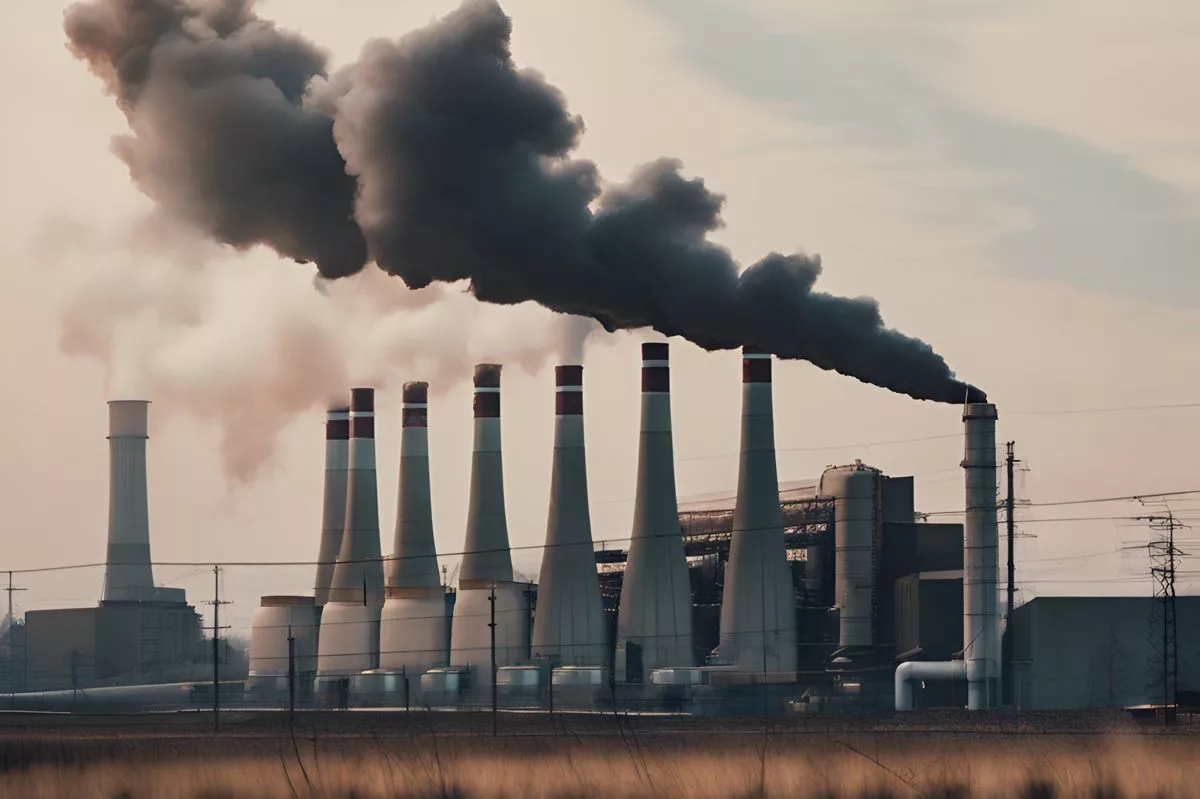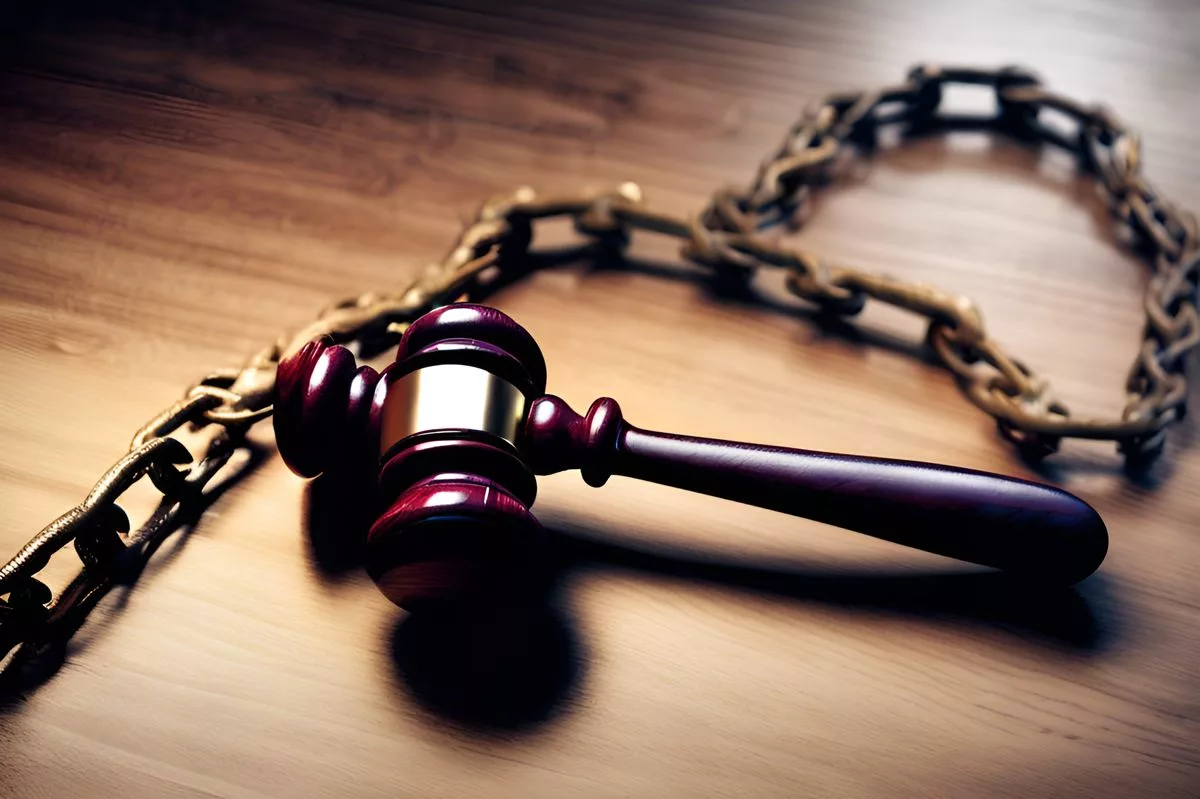The Mineral and Petroleum Resources Committee in South Africa is on an important journey to ensure that mining practices are safe and fair. Starting their tour in Rustenburg, they are investigating illegal mining and meeting with local workers to learn about its impact on communities. As they visit various mines, they check on health and safety measures and discuss ways to improve environmental practices. By listening to people and taking action, the committee aims to protect both the land and the lives of those involved in mining, working towards a brighter future for everyone.
What is the role of South Africa’s Mineral and Petroleum Resources Committee?
The Mineral and Petroleum Resources Committee in South Africa is responsible for overseeing the operations of state organs in the mining sector. Their mission includes investigating illegal mining, ensuring safety compliance, and promoting sustainable resource management to protect community interests and environmental health.
Setting the Stage for Oversight
South Africa’s Mineral and Petroleum Resources Committee embarks on a critical mission to the North West and Gauteng provinces, marking a significant chapter in the nation’s ongoing journey toward effective resource management. This dynamic oversight tour, commencing on October 7, 2024, aligns with the committee’s constitutional obligation to examine state organs across local and provincial realms. Their goal is simple yet profound: to investigate, assess, and ensure that these entities function lawfully, efficiently, and safely.
Within the governance framework of South Africa, the committee’s oversight role holds immense importance, rooted in the nation’s Constitution. The document grants Parliament the power to call upon individuals and organizations, compelling them to testify or provide documents, thereby fostering transparency and accountability. Through this process, the committee embraces its democratic responsibility, safeguarding citizen interests, particularly in the high-stakes context of resource extraction.
The committee commences its journey in Rustenburg, a city that stands as a beacon of the mining industry. Here, they engage with the regional office of the Department of Mineral and Petroleum Resources. Their primary focus is the pressing issue of illegal mining, a challenge that transcends economic implications and poses significant risks to safety and environmental stability. Meetings with organized labor in Rustenburg offer crucial insights into the socio-economic impacts mining has on local communities.
Engaging with Key Industry Players
As the committee’s tour progresses to Tuesday, their attention shifts to the Impala Platinum Mine, a pivotal entity within the regional mining landscape. They receive updates on health and safety statistics, reflecting on a notable incident from the previous year. By inspecting the mine premises, the committee aims to verify the provided data and assess compliance with safety regulations. This hands-on approach underscores their commitment to proactive engagement and diligent oversight.
By midweek, the committee’s mission brings them to Gauteng, where they visit Sibanye Stillwater operations in [Carletonville](https://capetown.today/a-trip-to-northern-suburbs-of-cape-town-an-eclectic-blend-of-nature-and-urbanization/), an integral part of the West Rand. This visit mirrors the Rustenburg itinerary, involving management briefings on health and safety, followed by a comprehensive inspection. In an industry fraught with persistent safety concerns, these visits are indispensable, as neglect can lead to devastating consequences.
Thursday unfolds as a particularly busy day for the committee at the Harmony Gold Mponeng Lapa in Wits West, Carletonville. Here, they engage with industry leaders from Harmony Gold Mine, Sibanye Stillwater, and Blyvoor Gold, fostering dialogue and collaborative problem-solving. The committee also inspects several sites, including the Kusasa Sewerage plant and the Blyvoor plant area, focusing on environmental compliance and sustainability.
Addressing the Challenge of Illegal Mining
The committee’s week concludes with a focus on Ekurhuleni, where illegal mining takes center stage. On Friday, they inspect various sites, including a rehabilitated mining area at the DRD solar plant, alongside the contentious Van Ryn illegal mining location. Through these inspections, the committee seeks to understand the scale and impact of illegal mining activities comprehensively. Their findings will play a crucial role in shaping future policies to combat this multifaceted issue, which impacts not only the economy but also community safety and environmental health.
This series of visits transcends routine bureaucratic tasks, representing a dialogue between government, industry, and the public—an ongoing conversation deeply rooted in South Africa’s political history. The presence of media representatives during these inspections underscores the public’s right to know and the media’s vital role in holding power accountable.
Historically, South Africa’s mining sector has wielded a double-edged sword, offering economic prosperity on one hand while grappling with labor disputes, safety hazards, and environmental challenges on the other. The committee’s initiative echoes past reform movements aimed at balancing industrial growth with ethical labor practices and environmental stewardship.
Shaping the Future of Resource Management
Beyond the immediate objectives of these oversight visits lies a broader narrative of transformation within the mineral and petroleum sectors. This narrative aligns with global trends toward sustainable resource management, reminiscent of historical shifts akin to the Industrial Revolution. Just as that era heralded new production methods and societal change, modern oversight aims to steer the mining sector toward responsible practices that benefit society and the environment.
The committee’s comprehensive approach reflects an understanding of the interconnectedness of economic, social, and environmental factors. Recognizing that lasting change requires more than regulatory compliance, they advocate for a cultural shift within the industry. Additionally, they acknowledge the role of innovation in mining technologies and practices that can mitigate traditional challenges.
By incorporating stories from local communities and workers, the committee’s inspections highlight the human element of mining. These narratives breathe life into statistics and reports, reminding us that behind every figure lies a story of individuals and families whose lives intersect with the mining industry.
As the committee ventures into South Africa’s mining heartlands, their work resonates with democratic oversight and accountability principles. Their commitment ensures that the country’s abundant natural resources are harnessed for the collective good while protecting the rights and well-being of all stakeholders involved. Through these efforts, the committee contributes to shaping a future where resource management aligns with the values of transparency, responsibility, and sustainability.
“`markdown
What is the purpose of the Mineral and Petroleum Resources Committee in South Africa?
The purpose of the Mineral and Petroleum Resources Committee is to oversee state operations in the mining sector, focusing on ensuring safe and ethical mining practices. They investigate illegal mining, promote safety compliance, and advocate for sustainable resource management to protect community interests and environmental health.
When does the committee’s oversight tour begin and where does it take place?
The committee’s oversight tour begins on October 7, 2024, and will take place across the North West and Gauteng provinces of South Africa. This tour is part of their constitutional obligation to examine the operations of state organs in the mining sector.
What are the main issues the committee is focusing on during their visits?
The committee is primarily focusing on illegal mining activities, health and safety measures, and environmental compliance. They aim to assess the socio-economic impacts of mining on local communities and explore ways to improve practices in the mining industry.
How does the committee engage with local communities during their oversight visits?
The committee engages with local workers and organized labor representatives to gain insights into the impact of mining on communities. By listening to their experiences and concerns, the committee aims to gather valuable information that can inform their recommendations and actions.
What are the expected outcomes of the committee’s inspections and discussions?
The expected outcomes include enhanced accountability in the mining sector, improved health and safety standards, and the development of policies to combat illegal mining. The committee aims to foster a culture of transparency and responsibility, ultimately shaping a future where resource management aligns with ethical practices.
How does the committee’s work relate to broader global trends in resource management?
The committee’s work aligns with global movements towards sustainable resource management, echoing historical shifts that prioritize ethical labor practices and environmental stewardship. By advocating for responsible mining practices, the committee contributes to a narrative of transformation within the industry, emphasizing the interconnectedness of economic, social, and environmental factors.
“`












